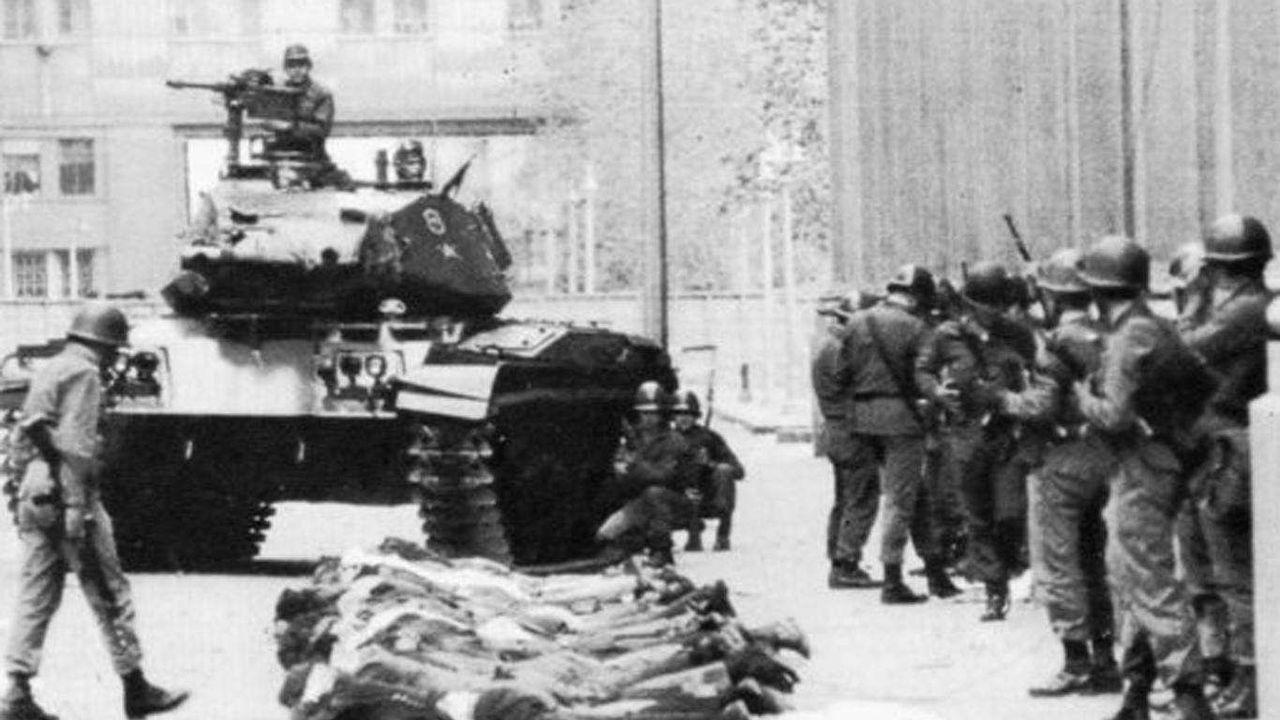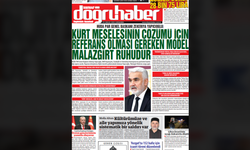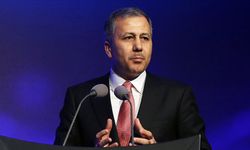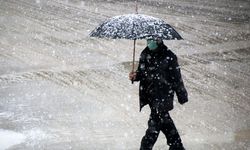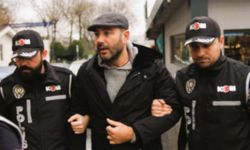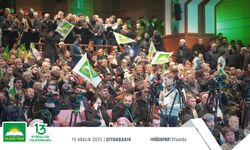40 years have elapsed since 12 September 1980 coup, after which nearly 1 million 685 thousand people were profiled, 230 thousand people were judged and 517 people got death penalty.
The 1980 Turkish coup d'état headed by Chief of the General Staff General Kenan Evren, was the third coup d'état in the history of the Republic, the previous having been the 1960 coup and the 1971 coup by memorandum.
What happened on 12 September 1980?
Unprecedented political violence had erupted in Turkey in the late 1970s. The overall death toll of the 1970s is estimated at 5,000, with nearly ten assassinations per day. Most were members of left-wing and right-wing political organizations, then engaged in bitter fighting. The ultra-nationalist Grey Wolves, the youth organization of the MHP, claimed they were supporting the security forces.
In the central trial against the left-wing organization Devrimci Yol (Revolutionary Path) at Ankara Military Court, the defendants listed 5,388 political killings before the military coup. Among the victims were 1,296 right-wingers and 2,109 left-wingers.
Other killings couldn't be definitely connected, but were most likely politically inspired. The 1977 Taksim Square massacre, the 1978 Bahçelievler massacre, and the 1978 Maraş massacre stood out. Following the Maraş massacre, martial law was announced in 14 of (then) 67 provinces in December 1978. By the time of the coup, it had been extended to 20 provinces.
On 11 September 1979, General Kenan Evren ordered a hand-written report from full general Haydar Saltık on whether a coup was in order or the government merely needed a stern warning. The report, which recommended preparing for a coup, was delivered in six months. Evren kept the report in his office safe.
The War Academy generals convened on December 21 to decide the course of action. The pretext for the coup was to put an end to the social conflicts of the 1970s, as well as the parliamentary instability. They resolved to issue the party leaders (Süleyman Demirel and Bülent Ecevit) a memorandum by way of the president, Fahri Korutürk, which was done on 27 December.
The coup was planned to take place on 11 July 1980, but was postponed after a motion to put Demirel's government to a vote of confidence was rejected on 2 July. At the Supreme Military Council meeting (Turkish: Yüksek Askeri Şura) on 26 August, a second date was proposed: 12 September.
On 12 September, the National Security Council (Turkish: Milli Güvenlik Konseyi, MGK), headed by Evren declared coup d'état on the national channel. The MGK then extended martial law throughout the country, abolished the Parliament and the government, suspended the Constitution and banned all political parties and trade unions.
They invoked the Kemalist tradition of state secularism and in the unity of the nation, which had already justified the precedent coups, and presented themselves as opposed to communism, fascism, separatism and religious sectarianism.
1980 coup in numbers
The coup rounded up members of both the left and right for trial with military tribunals. Within a very short time, there were 250,000 to 650,000 people detained. Among the detainees, 230,000 were tried, 14,000 were stripped of citizenship, and 50 were executed.
In addition, hundreds of thousands of people were tortured, and thousands disappeared. A total of 1,683,000 people were blacklisted. Apart from the militants killed during shootings, at least four prisoners were legally executed immediately after the coup; the first ones since 1972, while in February 1982 there were 108 prisoners condemned to capital punishment. Among the prosecuted were Ecevit, Demirel, Türkeş, and Erbakan, who were incarcerated and temporarily suspended from politics.
For the next three years the Turkish Armed Forces ruled the country through the National Security Council, before democracy was restored with the 1983 Turkish general election. This period saw an intensification of the Turkish nationalism of the state, including banning the Kurdish language.
The United States involvement in the coup
The American involvement in this coup was alleged to have been acknowledged by the CIA Ankara station chief Paul Henze. In his book "12 Eylül: saat 04.00" Journalist Mehmet Ali Birand wrote that after the government was overthrown, Henze cabled Washington, saying, “our boys did it”.
Trial of coup leaders
After the 2010 referendum, an investigation was started regarding the coup, and in June 2011, the Specially Authorized Ankara Deputy Prosecutor's Office asked ex-prosecutor Sacit Kayasu to forward a copy of an indictment he had prepared for Kenan Evren to court. Kayasu had previously been fired for trying to indict Evren in 2003.
In January 2012, a Turkish court accepted the indictments against General Kenan Evren and General Tahsin Şahinkaya, the only coup leaders still alive at the time, for their role in the coup. Prosecutors sought life sentences against the two retired generals. According to the indictment, a total of 191 people died in custody during the aftermath of the coup, due to “inhumane” acts.
The trial began on 4 April 2012. In 2012, a court case was launched against Şahinkaya and Kenan Evren relating to the 1980 military coup. Both were sentenced to life imprisonment on 18 June 2014 by a court in Ankara, the capital of Turkey. Şahinkaya died at age 90 in the military “Haydarpaşa GATA Hospital” in Istanbul on 9 July 2015. Evren died at a military hospital in Ankara on 9 May 2015, aged 97. His sentence was on appeal at the time of his death. (ILKHA)
